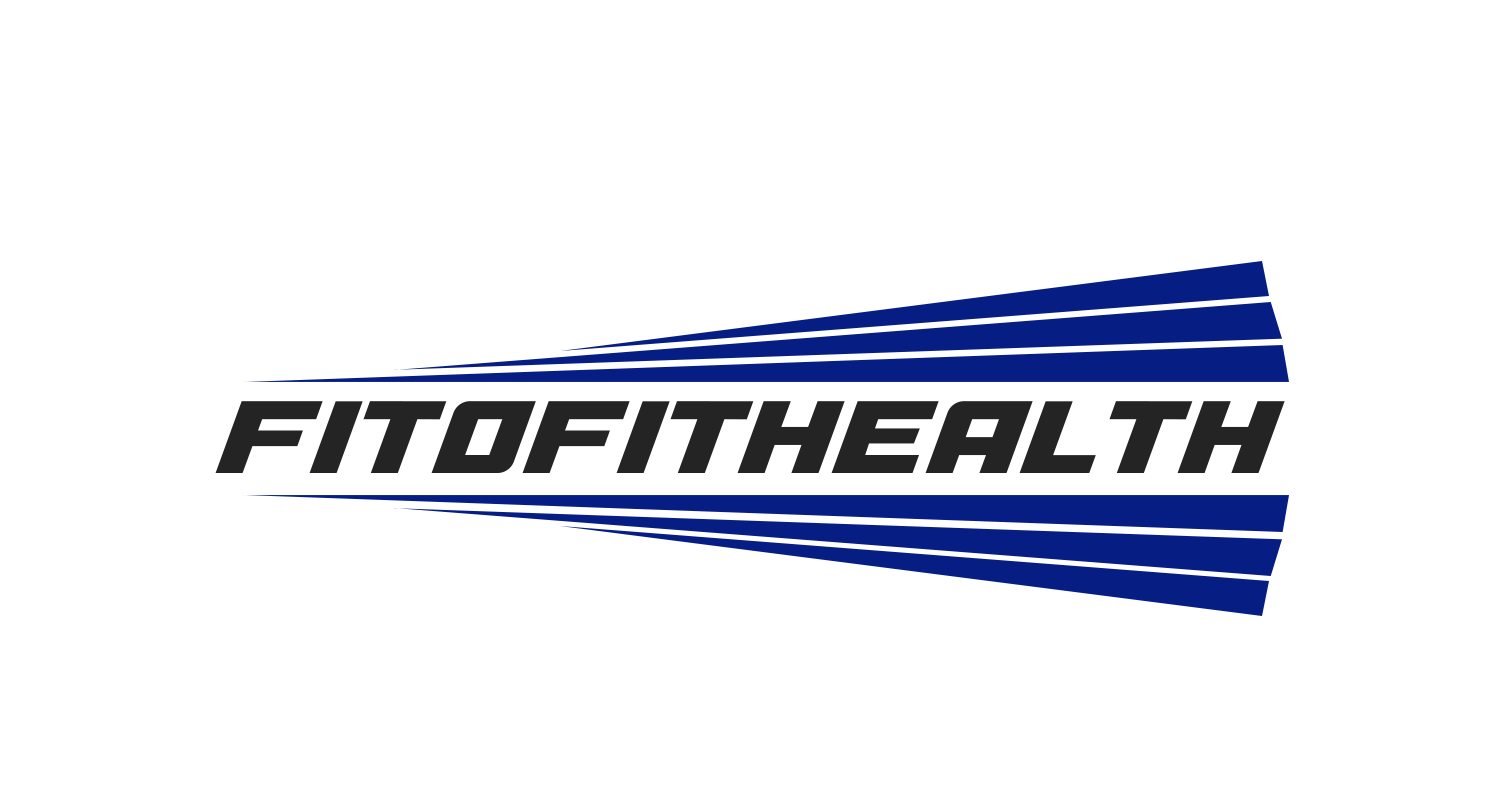Following a motor vehicle accident, the impacts go beyond the immediate shock and possible damage to the vehicle. Individuals frequently face both physical and emotional challenges, confronting various symptoms ranging from pain to reduced mobility. Addressing these issues promptly and effectively becomes paramount to ensure a swift and comprehensive recovery. Here, the pivotal role played by motor vehicle accident physiotherapy in Windermere comes to the fore. At establishments like Momentum Physiotherapy Windermere, professionals employ a holistic approach, combining state-of-the-art techniques with personalized care.
Navigating the Aftermath: The Physical Toll of Accidents
Motor vehicle accidents, irrespective of their severity, can lead to various injuries. These might include whiplash, fractures, soft tissue injuries, or even more complex issues like traumatic brain injuries. Each injury has its unique recovery path, and while medications can alleviate pain, true healing often requires a more hands-on and functional approach.
The Physiotherapeutic Approach: A Holistic View
- Assessment and Personalized Treatment Plans: A comprehensive evaluation is the first step. Physiotherapists conduct a thorough assessment of the individual’s injuries, range of motion, strength, and functional limitations. Based on the findings, they design a personalized treatment plan customized to the patient’s needs and recovery goals.
- Manual Therapy: In the aftermath of a motor vehicle accident, the body often experiences a range of discomforts — from deep muscle soreness to joint stiffness. Manual therapies serve as a frontline intervention in such cases. Physiotherapists employ a variety of hands-on techniques tailored to the individual’s needs. This might include soft tissue massage to alleviate muscle spasms, joint mobilizations to restore range of motion or even specialized methods like trigger point release to target pain at its source.
- Exercise Programs: Targeted exercises play a crucial role in restoring strength and mobility. They also enhance endurance, flexibility, and overall function. For someone recovering from an accident, these exercises are not just about regaining what was lost. They’re about rebuilding confidence in one’s body, understanding its limits, and pushing those boundaries safely and systematically.
- Pain Management Techniques: Beyond just exercises and manual therapy, physiotherapy also offers modalities like ultrasound, TENS (Transcutaneous Electrical Nerve Stimulation), and heat or cold therapy to manage and alleviate pain.
Advantages of Physiotherapy Post-Accident
- Speeds up Recovery: Engaging muscles and joints in targeted exercises and movements can expedite the healing process.
- Pain Management: Chronic pain can be a lingering side-effect post-accident. Physiotherapy offers techniques and exercises that can significantly alleviate pain, reducing the dependence on medications.
- Posture and Alignment: After an accident, it’s common for individuals to deviate from their natural posture, leading to muscle overcompensation and additional strain. This misalignment not only exacerbates joint stress but also hampers daily mobility. Physiotherapy aids in correcting this imbalance, guiding patients back to their natural alignment. Proper posture can prevent chronic conditions and improve movement efficiency. Additionally, regaining correct posture can boost confidence, enhancing overall recovery.
- Reduces Long-Term Complications: Early intervention and consistent physiotherapy can prevent chronic issues and complications that might arise from untreated injuries.
- Boosts Mental Well-being: Physical activity, guided and monitored by professionals, can also play a vital role in improving one’s mood and overall mental health.
Proactive Care and Long-Term Rehabilitation
After the initial stages of recovery, the importance of proactive care cannot be emphasized enough. A long-term perspective towards rehabilitation ensures that the body not only heals but also strengthens against potential future challenges.
- Strength Training: Once the initial pain and swelling have subsided, introducing weight-bearing exercises can be pivotal. These not only build muscle strength but also improve bone density, which is especially beneficial if fractures are involved.
- Flexibility and Balance: Post-accident, there can be a hesitance to trust the body’s balance and flexibility. Progressive exercises aim at restoring trust in one’s physical abilities and avoiding the hesitance that can lead to future injuries.
- Functional Movement Training: It’s not just about healing; it’s about returning to the daily activities you love and need. Functional movement training ensures that you can carry out everyday tasks with ease, whether it’s picking up groceries or bending down to tie your shoes.
Physiotherapy Windermere: Your Recovery Partner
In Physiotherapy, the belief is strong: healing is a journey, and it’s best undertaken with professionals by your side. Skilled physiotherapists are adept at handling post-accident traumas, ensuring patients are not only on the path to physical recovery but also regaining confidence in their bodies, ensuring a holistic recovery process.
Embracing Life Post-Accident
Accidents can be life-altering, but they shouldn’t dictate the quality of life post-recovery. With motor vehicle accident physiotherapy Windermere, individuals have a robust, effective, and caring partner guiding them back to optimal health and well-being. Empower your recovery today!
Don’t let the aftermath of an accident overshadow the potential for a full and vibrant life. Reach out to Momentum Physiotherapy Windermere and take the first step towards a comprehensive and holistic recovery. Your future self will thank you!


